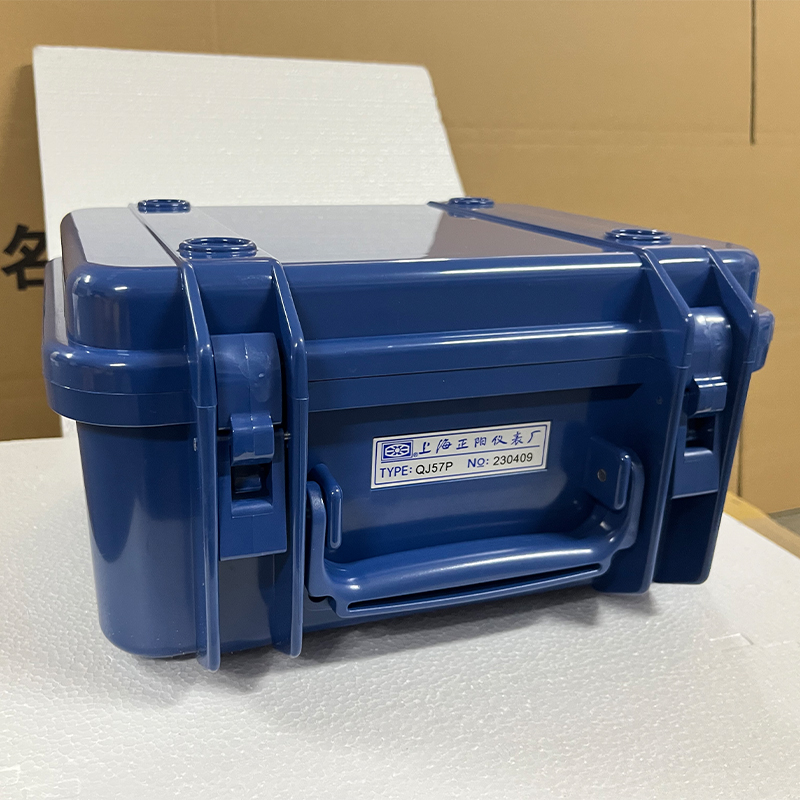Tensile Testing Equipment for Material Strength Evaluation and Analysis
Understanding Tensile Testing Machines The Core of Material Strength Evaluation
In the realm of materials engineering, the significance of understanding material properties cannot be overstated. One fundamental method employed for assessing the tensile strength of various materials is the tensile test, which is performed using a specialized apparatus known as a tensile testing machine. This article delves into the details of tensile testing machines, their functioning, applications, and the insights they provide into material behavior.
Understanding Tensile Testing Machines The Core of Material Strength Evaluation
The operation of a tensile testing machine is straightforward yet sophisticated. The specimen is first secured in the grips of the machine, which are typically adjustable to accommodate various sample sizes. Once in place, the machine begins to extend the material at a controlled rate. This increasing force is accompanied by a corresponding elongation, which is meticulously recorded. Most modern tensile testing machines are equipped with computer software that not only captures data but also generates stress-strain curves, providing visual insights into the material's performance.
tensile tests machine

One of the crucial outputs of a tensile test is the stress-strain curve. This curve plots the amount of stress (force per unit area) against the strain (deformation relative to original length) of the material. Initial linear behavior signifies the elastic region, where the material will return to its original shape upon the removal of the load. Once the yield point is reached, the material enters the plastic deformation region, where it exhibits permanent deformation. The ultimate tensile strength is identified at the peak of the curve, beyond which the material begins to neck and eventually fails. This graphical representation is integral for engineers and designers, as it provides a clear visual of material performance characteristics.
Tensile testing machines are employed across numerous industries and applications. In construction, engineers rely on these machines to ensure that materials such as steel, aluminum, and composites meet specified strength criteria for safety and performance. In the automotive industry, tensile tests assess the durability of components and materials subjected to mechanical stresses. Additionally, in the field of plastics, tensile testing determines how flexible or rigid a material is, crucial for product design and application.
Moreover, tensile testing is not limited to just metals and plastics; it also extends to biological materials and textiles. The testing insights gleaned from these evaluations assist in material selection processes, quality control, and research and development of new materials.
In summary, tensile testing machines are essential tools in understanding material properties and behaviors under stress. Their ability to scientifically and accurately measure tensile strength, yield strength, and other crucial characteristics forms the backbone of material evaluation in various industries. As technology advances, these machines continue to evolve, providing even more precise data and opening new frontiers in materials research and application. The insights gained from tensile testing ultimately lead to safer, more reliable materials that support innovation across countless sectors.
-
Why the Conductor Resistance Constant Temperature Measurement Machine Redefines Precision
NewsJun.20,2025
-
Reliable Testing Starts Here: Why the High Insulation Resistance Measuring Instrument Is a Must-Have
NewsJun.20,2025
-
Flexible Cable Flexing Test Equipment: The Precision Standard for Cable Durability and Performance Testing
NewsJun.20,2025
-
Digital Measurement Projector: Precision Visualization for Modern Manufacturing
NewsJun.20,2025
-
Computer Control Electronic Tensile Tester: Precision and Power for the Modern Metal Industry
NewsJun.20,2025
-
Cable Spark Tester: Your Ultimate Insulation Assurance for Wire and Cable Testing
NewsJun.20,2025
 Copyright © 2025 Hebei Fangyuan Instrument & Equipment Co.,Ltd. All Rights Reserved. Sitemap | Privacy Policy
Copyright © 2025 Hebei Fangyuan Instrument & Equipment Co.,Ltd. All Rights Reserved. Sitemap | Privacy Policy
